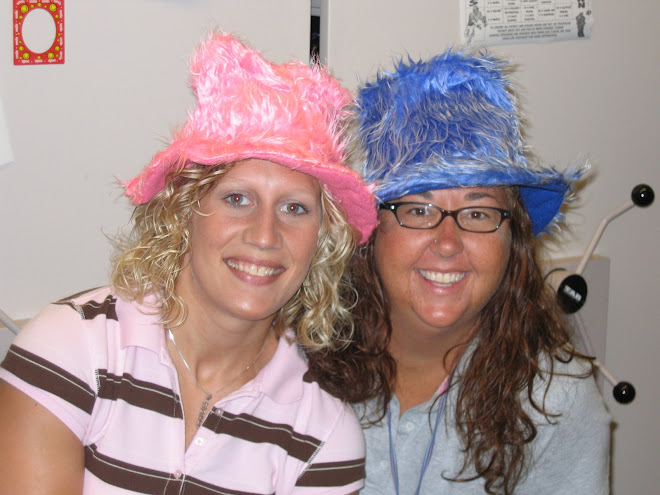I will begin with my first "final" impression of the book the moment I closed it, stunned. I have always heard of A Wrinkle in Time, but had never read it. I also thought of it as a children's book but am wholly surprised at the complexity of themes and lessons conveyed in the book. I reflected back to being eleven to thirteen years of age and am not so sure I would have understood. Or maybe, its that at that time, the connections to faith might have turned me off and I would have disregarded the content. Either way, reading the book now was extremely thought provoking but I do think I am a bit of a skeptic in regards to the actual intended target audience of the book.
A Wrinkle in Time utterly surprised me with its wisdom's. L'Engle's writing was very dead on in perceiving the core of the matter. Almost immediately in the first chapter Meg comments on, "It's not just the weather, she thought. It's the weather on top of everything else. On top of me." On top me was so simplistic of a thought but such a word picture to me in how the burdens of life really can appear to parallel the forces of nature in personalizing a feeling.
Meg's character was extremely relatable. She speaks of why she cant hide things, why she must always show everything which is a very feminine characteristic as women are more naturally nurturers and evoked by emotion. Meg's character was allowed to vacillate between understanding and selfishness, inherent desire to do what was right and fear of where or how to start or even a capability to be able to do it. She had tantrums and was unruly towards authority as she struggled internally with the realities of her life. Meg was just real, she made you feel comfortable as you felt she was no better or worse than yourself. Her faults were visible yet her heart was sincere. It made you want to cheer for her, scold her, love her and guide her all at once.
The placement of scripture throughout the story often caused me to take pause. It came when I least expected it and from characters I hadn't intended to hear it from. For example, Mrs Whatsit quoted Isaiah 42:10-12 in Chapter four as the translation of what the creatures were singing. L'Engle extended scripture beyond our sense of humanity and beyond the perception of many that we solely exist in the universe, and used other beings to proclaim the word we know in a strictly "man" form.
Other concepts of faith and divinity were woven very naturally into the story yet were concepts beyond a norm in the basic christian faith I grew up in. At one point, Mrs Whatsit encouraged the children to look into the Happy Mediums ball saying, "how small is the earth to him that looks from heaven," indicating that the children were physically inhabiting heavenly space. This was a concept that was contradictory to me as I have always thought of that as a realm humans cannot conceive, imagine or venture to in life. The idea that all through the universe this evil and power of darkness was being fought was also a statement about faith uniting from multiple realities. It intrigued me. When Calvin asked, "who have our fighters been?" on page 85, the answer given pointed towards scholars and philosophers, artist and Christ. This placing of Christ with mortal men was disturbing as I felt it didn't honor him as he should be, yet it also upheld the role of others as torchbearers, so I was left perplexed about how I really felt.
Overall, I really, really enjoyed reading this book for the first time. It challenged my thinking, made me step back and consider some truths I hold as self evident. It also just made me feel normal because I had finally read something it seemed everyone else on the planet but me already had.
Monday, March 31, 2008
Subscribe to:
Posts (Atom)

